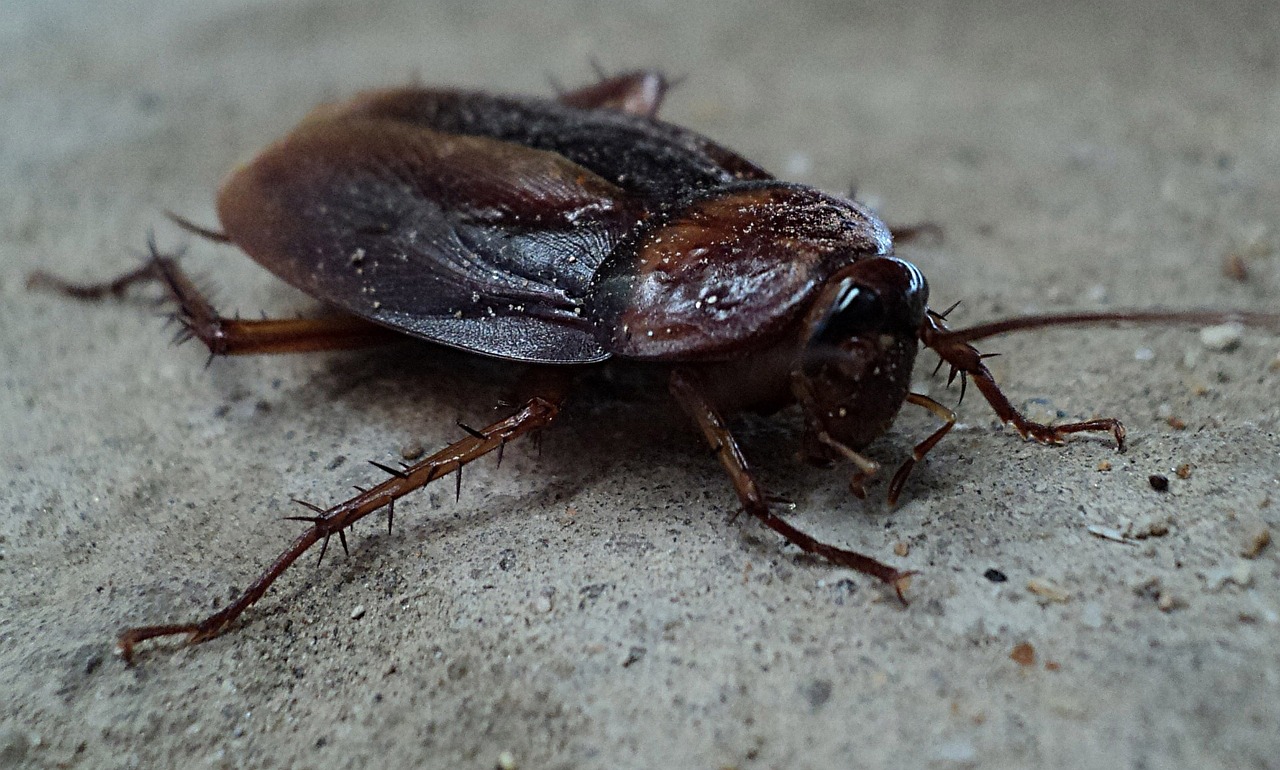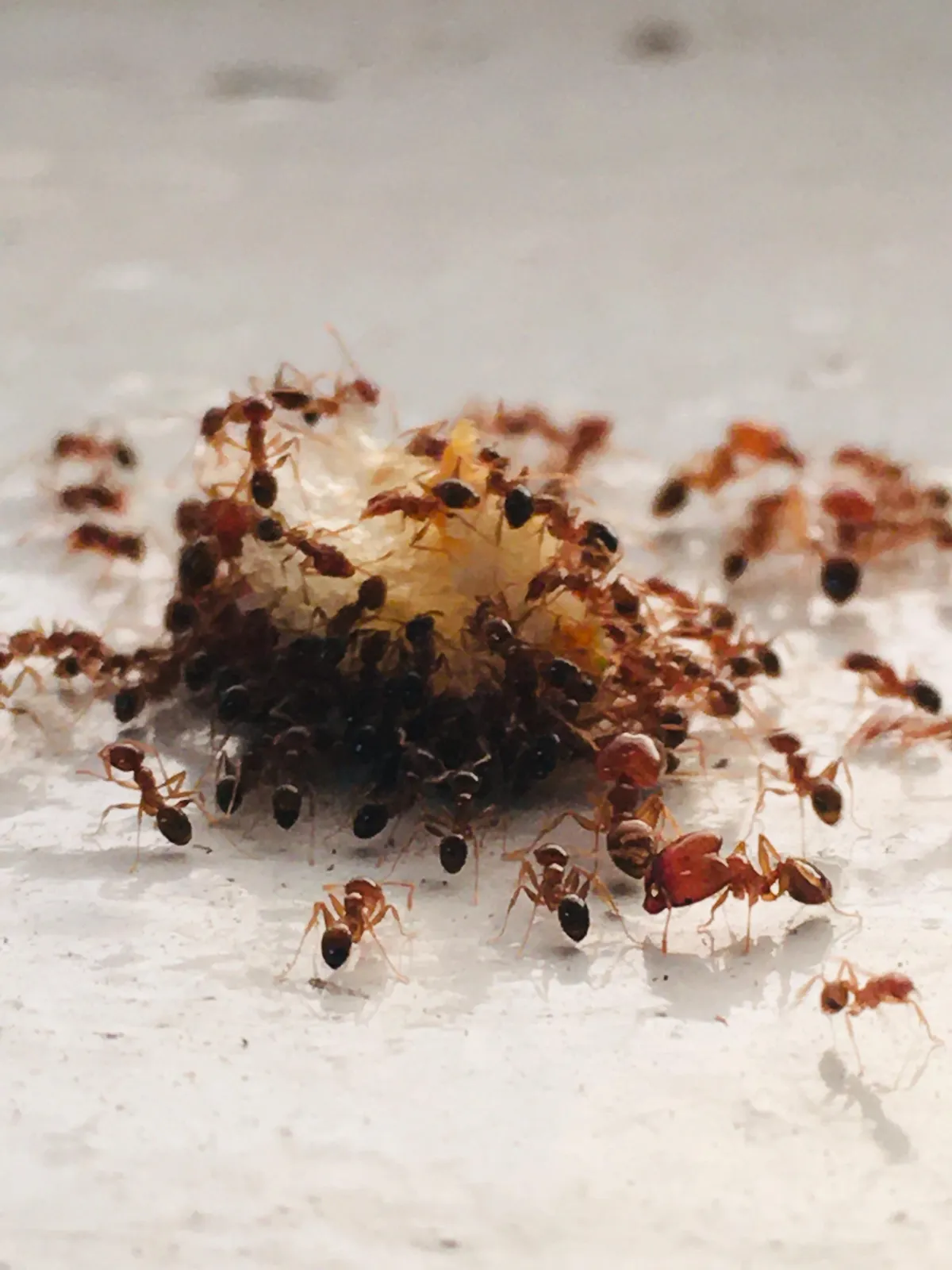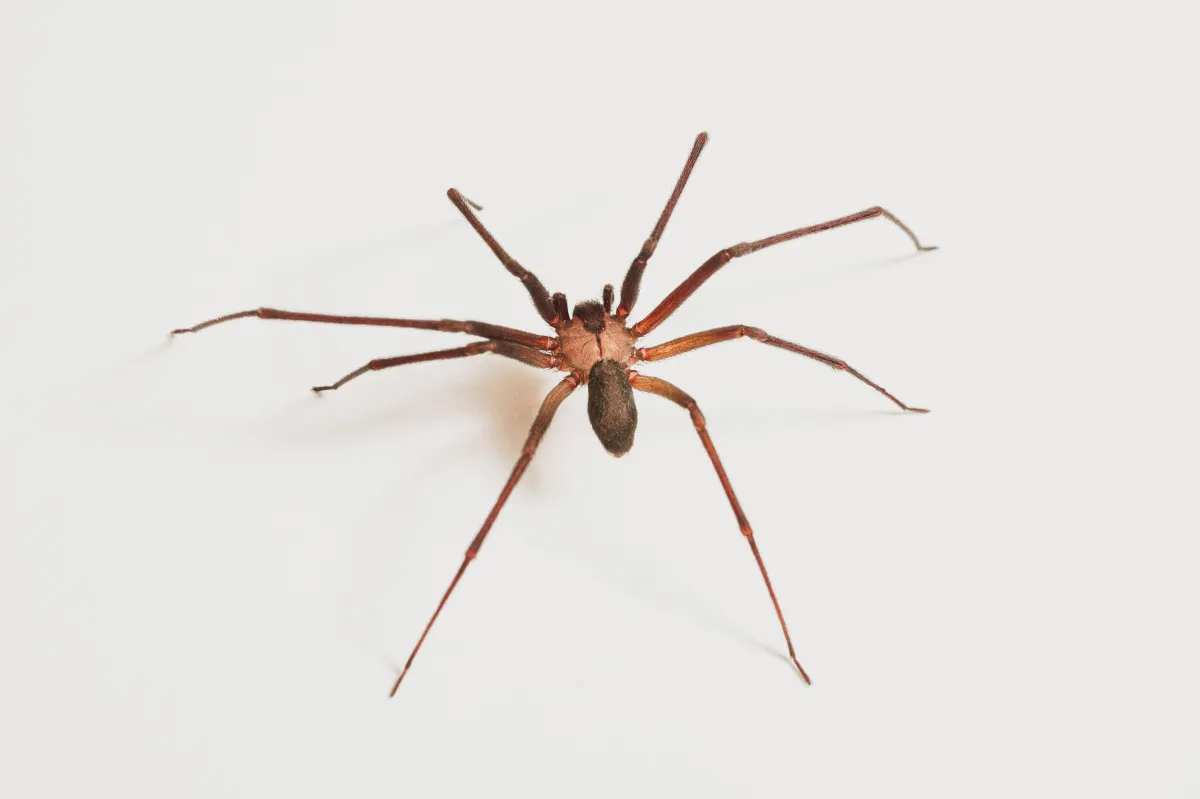Blog > What is Pest Control?
Pest Control in West Virginia: A Comprehensive Guide
Pest control is an essential consideration for property owners throughout West Virginia. This beautiful state, with its diverse climates and rich natural landscapes, can often become a thriving environment for a variety of pests.
Understanding the common pests in the region, and employing effective pest control methods, is crucial to maintaining the safety and integrity of both residential and commercial properties.

The Most Common Techniques for Pest Control
In West Virginia, several effective techniques are deployed to manage pest populations. One popular method is the use of traps, which can capture rodents and insects without the need for chemical interventions. These traps are often part of a larger Integrated Pest Management strategy. Another technique involves sealing entry points to prevent pests from accessing buildings in the first place. Physical barriers like mesh screens and door sweeps are commonly used to deter pests without harming them. Chemical controls, while used more sparingly, include targeted applications of pesticides that are carefully chosen to minimize environmental impact. Biological controls, such as introducing natural predators, are also gaining popularity as they provide an eco-friendly alternative to chemical methods. Property owners and pest control professionals in West Virginia can effectively combat pest issues by employing these varied techniques.

In recent years, there has been an increasing emphasis on environmentally sustainable pest control practices in West Virginia. As awareness grows about the ecological impact of chemical interventions, many pest control strategies now prioritize minimizing harm to the environment. This shift has led to the adoption of eco-friendly products and methods, which focus on using natural ingredients and biological agents that target pests specifically without affecting other wildlife. Additionally, there is a significant push towards educating the public and professionals about responsible pesticide use, ensuring that applications are made judiciously and only when absolutely necessary. By prioritizing sustainability in pest control efforts, West Virginia can preserve its natural beauty and biodiversity while effectively managing pest populations.
Community involvement plays a crucial role in successful pest management strategies in West Virginia. Local communities are encouraged to participate in pest control efforts by maintaining clean and well-organized environments, which naturally deter pests. Educational programs and workshops often focus on teaching residents about the role they can play in preventing infestations, such as proper waste disposal, regular yard maintenance, and identifying early signs of pest activity. Collaboration with local organizations and authorities can also enhance the effectiveness of pest control campaigns, as these groups can provide essential resources and support. By fostering a sense of shared responsibility and proactive participation, communities across West Virginia can collectively reduce pest-related challenges and create healthier living spaces.
What is The Most Common Form of Pest Control In West Virginia?
In West Virginia, the most common form of pest control involves integrated pest management (IPM) strategies. IPM prioritizes a combination of techniques to effectively manage pest populations while minimizing environmental impact. This approach includes a variety of methods such as biological control, habitat manipulation, and the use of resistant varieties. Mechanical controls, like traps and barriers, are also utilized to prevent and manage pest invasions. Chemical controls are considered only as a last resort and are applied selectively to minimize harm to non-target species and the surrounding ecosystem. This balanced approach makes IPM a popular and effective method of pest control across the state.

More to Know About Pest Control
The state is home to a wide variety of pests, each with unique challenges and control requirements. For instance, termites are notorious for damaging wooden structures, necessitating vigilant monitoring and control efforts. Mosquitoes, prevalent in humid and wet environments, are not only nuisances but also potential carriers of diseases like West Nile virus. Additionally, rodents can cause significant agricultural damage, contaminate food supplies, and carry diseases such as hantavirus. Effectively managing these pests requires recognizing their habits, breeding conditions, and seasonal patterns, and employing targeted pest control strategies to mitigate their impact.

Pest control is crucial in West Virginia due to its diverse climate and geographical features, which create an ideal environment for various pests to thrive. From rural farmlands to urban areas, residents often encounter pests such as termites, rodents, and mosquitoes, each posing distinct challenges. These pests can cause significant damage to property, crops, and national forests, and pose health risks to humans and animals. Consequently, understanding and implementing effective pest control measures is essential for protecting both economic and public health values in the state.
In response to the complexity of pest populations in West Virginia, integrated pest management (IPM) practices are widely endorsed. IPM emphasizes a holistic approach to pest control, utilizing a mix of biological, cultural, physical, and chemical methods. These practices include the use of natural predators to control pest populations, crop rotation to disrupt pest life cycles, and the deployment of physical barriers to limit pest access. Chemicals are cautiously applied only when necessary, following strict guidelines to mitigate environmental harm. Through IPM, West Virginia effectively manages pests while preserving ecological integrity and promoting sustainable agriculture.
Contact Us
Service Hours
Social Media
Monday - Saturday: 8:00 AM - 7:00 PM
Sunday: Closed
Blog > What is Pest Control?
Pest Control in West Virginia: A Comprehensive Guide

Pest control is an essential consideration for property owners throughout West Virginia. This beautiful state, with its diverse climates and rich natural landscapes, can often become a thriving environment for a variety of pests.
Understanding the common pests in the region, and employing effective pest control methods, is crucial to maintaining the safety and integrity of both residential and commercial properties.
The Most Common Techniques for Pest Control
In West Virginia, several effective techniques are deployed to manage pest populations. One popular method is the use of traps, which can capture rodents and insects without the need for chemical interventions. These traps are often part of a larger Integrated Pest Management strategy. Another technique involves sealing entry points to prevent pests from accessing buildings in the first place. Physical barriers like mesh screens and door sweeps are commonly used to deter pests without harming them. Chemical controls, while used more sparingly, include targeted applications of pesticides that are carefully chosen to minimize environmental impact. Biological controls, such as introducing natural predators, are also gaining popularity as they provide an eco-friendly alternative to chemical methods. Property owners and pest control professionals in West Virginia can effectively combat pest issues by employing these varied techniques.
In recent years, there has been an increasing emphasis on environmentally sustainable pest control practices in West Virginia. As awareness grows about the ecological impact of chemical interventions, many pest control strategies now prioritize minimizing harm to the environment. This shift has led to the adoption of eco-friendly products and methods, which focus on using natural ingredients and biological agents that target pests specifically without affecting other wildlife. Additionally, there is a significant push towards educating the public and professionals about responsible pesticide use, ensuring that applications are made judiciously and only when absolutely necessary. By prioritizing sustainability in pest control efforts, West Virginia can preserve its natural beauty and biodiversity while effectively managing pest populations.

Community involvement plays a crucial role in successful pest management strategies in West Virginia. Local communities are encouraged to participate in pest control efforts by maintaining clean and well-organized environments, which naturally deter pests. Educational programs and workshops often focus on teaching residents about the role they can play in preventing infestations, such as proper waste disposal, regular yard maintenance, and identifying early signs of pest activity. Collaboration with local organizations and authorities can also enhance the effectiveness of pest control campaigns, as these groups can provide essential resources and support. By fostering a sense of shared responsibility and proactive participation, communities across West Virginia can collectively reduce pest-related challenges and create healthier living spaces.
What is The Most Common Form Of Pest Control In West Virginia?
In West Virginia, the most common form of pest control involves integrated pest management (IPM) strategies. IPM prioritizes a combination of techniques to effectively manage pest populations while minimizing environmental impact. This approach includes a variety of methods such as biological control, habitat manipulation, and the use of resistant varieties. Mechanical controls, like traps and barriers, are also utilized to prevent and manage pest invasions. Chemical controls are considered only as a last resort and are applied selectively to minimize harm to non-target species and the surrounding ecosystem. This balanced approach makes IPM a popular and effective method of pest control across the state.

More to Know About Pest Control
The state is home to a wide variety of pests, each with unique challenges and control requirements. For instance, termites are notorious for damaging wooden structures, necessitating vigilant monitoring and control efforts. Mosquitoes, prevalent in humid and wet environments, are not only nuisances but also potential carriers of diseases like West Nile virus. Additionally, rodents can cause significant agricultural damage, contaminate food supplies, and carry diseases such as hantavirus. Effectively managing these pests requires recognizing their habits, breeding conditions, and seasonal patterns, and employing targeted pest control strategies to mitigate their impact.

Pest control is crucial in West Virginia due to its diverse climate and geographical features, which create an ideal environment for various pests to thrive. From rural farmlands to urban areas, residents often encounter pests such as termites, rodents, and mosquitoes, each posing distinct challenges. These pests can cause significant damage to property, crops, and national forests, and pose health risks to humans and animals. Consequently, understanding and implementing effective pest control measures is essential for protecting both economic and public health values in the state.
In response to the complexity of pest populations in West Virginia, integrated pest management (IPM) practices are widely endorsed. IPM emphasizes a holistic approach to pest control, utilizing a mix of biological, cultural, physical, and chemical methods. These practices include the use of natural predators to control pest populations, crop rotation to disrupt pest life cycles, and the deployment of physical barriers to limit pest access. Chemicals are cautiously applied only when necessary, following strict guidelines to mitigate environmental harm. Through IPM, West Virginia effectively manages pests while preserving ecological integrity and promoting sustainable agriculture.
Contact Us
304-969-7593
716 5th Ave S
St. Albans, West Virginia 25177
Service Hours
Monday - Saturday: 8:00 AM - 7:00 PM
Sunday: Closed
Social Media
2026 | Spotlight Pest Control | Sitemap





